|
"Creative learning is what takes place when the process of learning allows for creative exploration of a subject, time to digest knowledge before making a commitment to use it, and a culture of succeed or learn." - Nikie Forster L&D Consultant. Sound simple enough right? Well, yes and no. The trouble is we’re so use to receiving traditional training, where we expect to be given information and then construct action plans at the end of a session, we sometimes switch to autopilot. So, when someone rocks up and encourages us to find out the answers for ourselves… and oh by the way you don’t have to commit to anything at the end of the session, we can sometimes feel duped. What are we paying them for if I have to do all the work? How does Traditional Learning Techniques Differ from Creative Learning Principles? Traditional Learning Techniques
Creative Learning Principles
Why is Creative Learning Important?Ultimately, creative learning creates more independence, confidence and better decision making. As previously mentioned, a traditional approach is top down. ‘I have the correct answer, I will share it with you.’ This is often mirrored outside the training room with some managers coveting the ‘expert’ role. A creative learning approach is more collaborative. ‘I’ll help you explore what the answer could be.’ The more this is done, the more people seek collaboration and try things out for themselves, increasing innovation and self learning. Example of Traditional Training vs Creative LearningPicture the scene. A group have been asked to attend a management development training session. The group is split into two groups, they’ll cover the same topic, but group A’s trainer is a firm believer in traditional learning techniques, while group B’s trainer embraces creative learning principles. The following are just two possible ways these two trainers could approach this session. GETTING TO KNOW YOU Group A (Traditional Training). They kick off with a light icebreaker. The trainer has decided that ‘2 truths and a lie’ would be a good activity as it enables people to get to know each other better before they start the actual topic. Group B (Creative Learning). They kick off with a focused icebreaker. The trainer has decided to combine an activity that gets people to know each other, whilst also focusing in on their knowledge of the topic. The trainer asks the learners to construct a LEGO® Minifigure that represents how they see themselves as a manager, they then discuss what they chose and why. (The trainer makes a note of anything that needs extra attention in the session.) INITIAL TOPIC TRAINING Group A (Traditional Training). Throughout the first part of the session, the trainer is keen to share information and models that will aid the managers to become better in their day-to-day roles. There are PowerPoints, discussions, post-it notes, and role play to bring home the learning. The Trainer leads from the front and offers advice when tricky scenarios crop up. Group B (Creative Learning). Throughout the first part of the session, the trainer is keen to allow the learners to explore the topics by using ‘creative exploration’. They use props and activities to allow learners to discover possible answers. The trainer has prepared some models and stories to help the learners to dig deeper but will only use these if needed. DISCUSSION Group A (Traditional Training). Throughout the session, the trainer feels confident in presenting information to the learners and facilitating discussions by asking probing questions. Group B (Creative Learning). Throughout the session, the trainer feels confident in allowing the learners to explore. They facilitate discussions by allowing the learners to ask questions. CAPTURING LEARNING Group A (Traditional Training). Towards the end of the session, the trainer is keen for the learners to create action points. They believe this will drive transfer of learning back in the workplace. Group B (Creative Learning). Towards the end of the session, the trainer explains that the best ideas on how to use their new learning, may come to them after the session has ended. The trainer asks them to jot down any thoughts they may currently have, and then to review these ideas at a set time frame in the future and add to them. The trainer explains that a follow up session will be available to explore these thoughts further. AND FINALLY… Group A (Traditional Training). The trainer uses the final part of the session to recap on the key take away points and gain some feedback on how the session went. This session is now complete. Group B (Creative Learning). The trainer asks the learners to recap on the session and make a note of anything that would aid them further in this topic. An agreed time frame is set to review the learning and a story or activity is used to bring the session to a thoughtful close. No feedback is solicited at this stage, this will only be done after the review and via an online portal to allow people to create a considered response. Did you spot the differences? Before we go any further it’s important to say that there is nothing wrong with the traditional training outlined here. It’s a solid training session and learners will still go away having acquired some new knowledge. But the group that attended the creative learning session, will have had a much more immersive experience. And, because the session wasn’t closed down by agreeing to action points, they will feel more empowered to continue thinking about the topic and decide for themselves how they will apply their learning (with the help of the review session.) So, How Can You Increase the Creative Learning in Your Sessions?Here’s three ways to start introducing the concept of creative learning into your sessions.
About the Author Nikie Forster is the owner of Curious Lighthouse Learning Consultancy Ltd, focusing on increasing competence and confidence in Managers & Trainers. For over 20 years, Nikie has used elements of creative learning in her training, but it was only in more recent years that she realised that her 3-point creative learning principles could benefit other trainers and facilitators to increase engagement in their own sessions.
One of the many props Nikie uses to aid creative learning is LEGO®. To find out more head to: https://www.curiouslighthouse.co.uk/learning-and-development.html As the sun rose over Salisbury plain hitting the stone circle, I breathed in deep and took in the magic of the moment.
Rewind 6 hours and I was completely out of my comfort zone. I had never ‘done’ the summer solstice before, not even in the comfort of my own home, let alone in a field full of strangers. It was cold, noisy, and was heavy with smells last encountered coming from the student union building at college! As the evening continued, I settled into the environment, people mingled, sang songs, and moved around the stones exploring. As the fateful hour approached (somewhere around 4.40am) more people arrived, and we all faced in the same direction, feeling the warmth of the summer sun on our faces. Job done, we scurried back to reality and a massive full English at the local pub. But the experience lives on. This was 5 years ago, and that moment has stayed with me ever since. How does any of this relate to training? I’ve worked as an L&D professional for over 25 years now. At the very beginning, as a much younger naïve trainer, I expected people to leave bathed in new light and looking to change immediately. As I progressed in my L&D career, I recognised that learners often leave before the sunrise moment has had chance to take place. This is largely down to the ‘traditional learning’ approach: tell them something, check they understand it, set an action plan, off you go!!! So, I started doing some research and came up with my own version of Creative Learning Principles which I now use in my own sessions: 1. Creative exploration – Playful learning 2. Distracted reflection – Time for the brain to digest 3. Succeed or learn – be prepared to not get it right first time and understand that’s ok Training is an experience, it should allow for that moment when the sun rises, (Minus the student union smells!) It gives people the space to experience new things, to challenge what works and what doesn’t, to come together with likeminded individuals, to put into practice and recognised successes and future learning too So, on this summer solstice, I’d like to know… how do you let the sun rise in your sessions? https://www.curiouslighthouse.co.uk/workshops.html #curiouslighthouse #summersolstice #learninganddevelopment LEGO® is great for gaining engagement and involvement in sessions, BUT as an L&D professional my eye is firmly on the underlying learning principles, one of which is the debrief.
Without a purposeful debrief you’re simply playing with LEGO®! Here’s just a few things to keep in mind:
This is just one of the things we discuss in the ‘LEGO® Workshop for Training Teams and L&D Professionals’. Check out the full content here: https://www.curiouslighthouse.co.uk/lego-workshop.html #curiouslighthouse #learningwithlego #learninganddevelopment “I like the idea of using LEGO® in my session, but don’t want to go full in yet. Do you have a quick activity I could try out?”
This is a question I get asked a lot, so I thought I'd share a possible discussion starter as an example of how you can use LEGO® in a session, without making it the main focus.
Perception discussion starter
This short activity is good because there are no perceived right or wrong answers. It also allows everyone to have time to think about the topic before you launch into any theory or deeper discussion. Want to find out more about learning with LEGO®? Check out: https://www.curiouslighthouse.co.uk/learning-with-lego-courses.html #curiouslighthouse #learningwithlego #learninganddevelopment Using LEGO® in your training, facilitation, or coaching sessions can really help learners engage on a different level. But why use it at all? I often use these examples when opening my sessions (or when convincing Managers that we're not just 'playing'... we're learning!)
Want to find out more about how to use LEGO® in your sessions? Check out: https://www.curiouslighthouse.co.uk/learning-with-lego-courses.html or www.curiouslighthouse.co.uk/lego-workshop.html #curiouslighthouse #learningwithlego #learninganddevelopment Have you ever been setting up for your training workshop, and as people arrived someone announces, “I DON'T KNOW WHY I'M HERE!”
This question could have two different intents.
Looking to increase your Training teams skills? Then check out: https://www.curiouslighthouse.co.uk/learning-and-development.html #curiouslighthouse #learninganddevelopment #HRBP Have you ever been setting up for a workshop, and as the learners start to arrive, someone asks “HI... WHAT TIME DO WE FINISH?”
This can be a genuine question! But the fact that they ask it as soon as they walk in through the door can sometimes feel rather personal! In my experience this has very little to do with you and is usually either about their external commitments – project deadline looming, childcare concerns or that they do not see the worth in the topic being trained. So, what can you do as the TRAINER?
Looking to increase your Training and Facilitation skills? Then check out: https://www.curiouslighthouse.co.uk/learning-and-development.html #curiouslighthouse #learninganddevelopment #HRBP Back in the early 2000’s I was a Customer Adviser at B&Q helping out with in-store inductions. A Trainer’s role became available for a ‘proper’ Trainer’s roles and I applied. I’m sure I had less formal training experience and I certainly no qualification in training then others applicants, but they asked me to join the team!
Many people had an input into this shift in my career, but two in particular I want to say a formal thank you to. Toby Carpenter who was heading up the training team at the time and saw some sort of potential in me and decided to give me the chance to learn on the job... THANK YOU. And Andy Granston, my Line Manager and mentor who I often site, when I run my own Management training session, as a great role models in management... THANK YOU. Who would you like to thank for helping you out in your career? Ps The image is of a paperweight handed out to us ‘Trainers’ for a project we ran as a thank you… yes I still have it after all this time! (Proving that a Thank-you can stay with you for a long time!) #CuriousLighthouse #career #ThankYou The 'knowledge tree' sounded like a great idea in my head. A great visual prop with brightly coloured gift tags for the delegates to right down their learning after each of the 6 sections we were running through during a workshop.
I had planned to use the leaf tags as part of a reflective exercise at the end of the session, but made a call to knock-it-on-the-head and changed the final exercise to a facilitated discussion, as it became clear that things were going to get overcrowded very quickly and getting up to place the tags was becoming rather monotonous. Did I fail? Yes, and no! As a Trainer, it's comfortable to find an activity that works well and repeat it with different audience’s time and again, making tiny adjustments as needs be. But 'repeat and succeed' can only support your own, and your learner’s development for so long. Facilitating creative learning pushes you to think more about your design process. But with more creativity comes more opportunity to fail. So, why bother? Put simply, if a Trainer isn’t willing to try out new ways of engaging their learners, they’ll soon have no learners left to try anything with at all! In a world of instant gratification, our attention levels need more stimulation to learn. Building in creative activities into training sessions is just one way to help this. Failure is an option, but… No one plans to fail, but with failure comes insight, (and also a healthy dose of resilience!) So, the trick is to fail with a back-up plan that won't affect your learners experience or leave you in a flap! I will use the tree again, but next time it will be more succinct, allowing my learner’s ‘leaves of knowledge’ to flourish and for my own creative design to continue. When I landed my first official job as a Trainer for a large DIY store many moons ago, I was delighted! I learnt on the job, running rousing inductions and traveling the length and breadth of the UK to meet eager (my words not theirs) learners to induct them.
After some time, I realised that if I was going to progress to other forms of training i.e. Management Development, I was going to need to develop my own skills further. Back then the key attributes of a great Trainer were Props can really help increase curiosity and engage learners in different ways to traditional discussion.
I used this prop during a Mini Masterclass about 'Proactive Management Conversations.' Can you tell what it is and why I might have used it? This little selfie was taken during a talk (How to take a better business selfie!) at a networking meeting. As well as getting a decent photo, it also highlights the importance of looking at things from the 'other side'.
In my world, I interact with Managers, Trainers and Entrepreneurs regularly, and this 180 topic raises up quite frequently. I'm thinking this little exercise would be a great, quick example of how different things could be in different perspectives! Interested in more training activity ideas....? www.curious-trainers-academy.com/pages/curious-trainers-resources In 1982 the Mary Rose emerged from the Solent to see daylight for the first time in 437 years. I remember this not because of the significance of the event, but because my mum allowed me to stay home from school and watch it on the TV! I also remember gasping as the...
In training design, the 'flow' of the session is paramount. It’s like a well edited movie, you shouldn’t notice the edits, just the great story line. But, sometimes interjecting something unexpected can rouse us from our comfortable state and make us sit up and pay attention. This is often referred to as a ...
Wading through the detritus of garage items, I spotted two bags I recognised, my old training kits. Rummaging through the unsticky post-it notes and hardened blu-tac slabs, I found several training props, including...
The live on-line Q&A session was starting in 5 mins, and I was frantically making up questions just in-case no one asked any! Self-doubt is not something I’m used to feeling, especially having spent many years successfully running face-to-face training sessions! But here I was, about to hit ‘unmute’ on day one of our 5-day challenge, wishing...
There are two things I’ve learnt to distrust;
Both promise rewards;
I recently attended a Writers and Artists event at Bloomsbury Publishing in London. During the ‘How to Write for Children & Young Adult Conference,’ Smriti Prasadam-Halls, author of ‘Don’t call me sweet’ & ‘I love you night and day’ walked us through some of the basics of creating a successful picture book story. As I listened, it struck me...
|
Categories
All
Nikie ForsterLearning doesn't just happen in a training session. It happens all around us! Follow my ramblings and continue to see the world in a different light! Archives
July 2024
|
Developing the people, who develop your people
|
Throughout this website you will see reference to using LEGO® bricks. The LEGO Group does not sponsor, authorise or endorse Curious Lighthouse Learning Consultancy Ltd.
©2024 The LEGO Group – LEGO® SERIOUS PLAY®, the Minifigure and the Brick and Knob configurations are trademarks of the LEGO Group. Any activity using the LEGO® SERIOUS PLAY® approach, method and materials build on the LEGO® SERIOUS PLAY® Open-source guidelines made available by the LEGO Group under a Creative Commons licence. |
Copyright © 2015-2024 Curious Lighthouse Learning Consultancy Limited. ALL RIGHTS RESERVED |
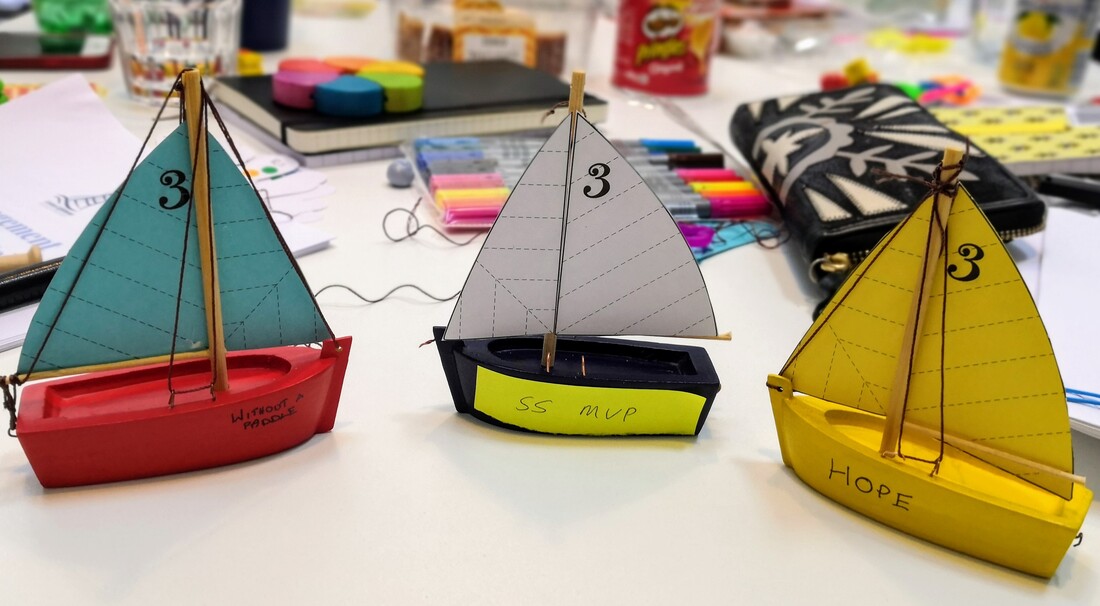
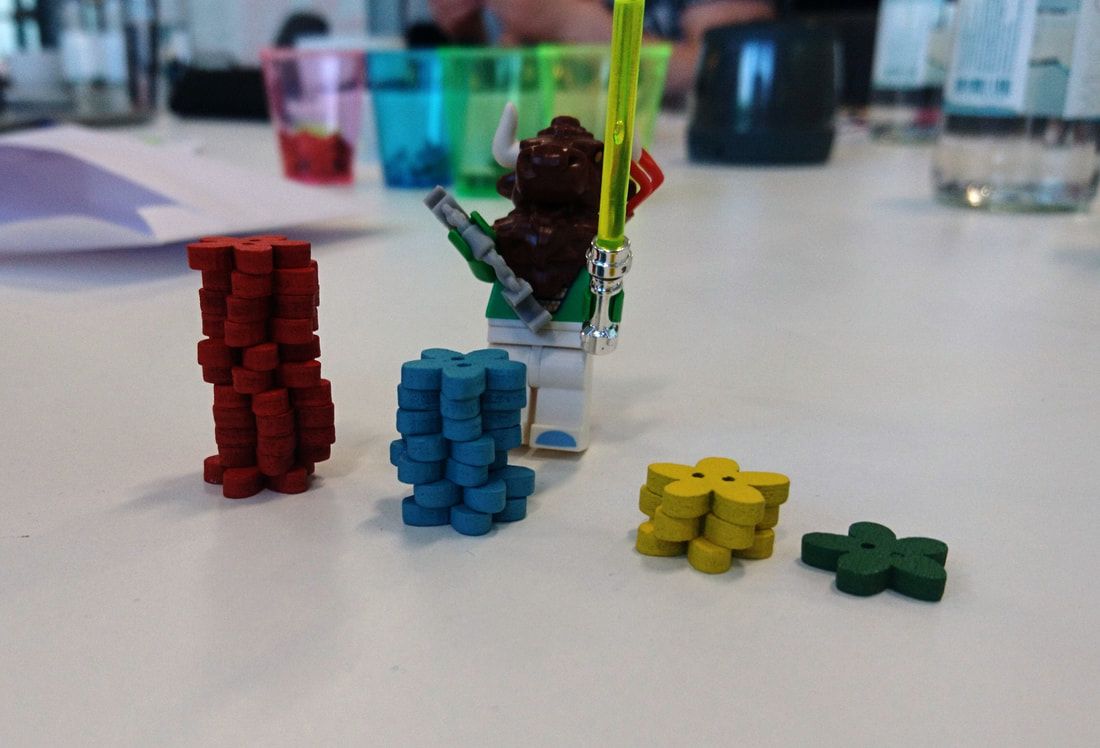
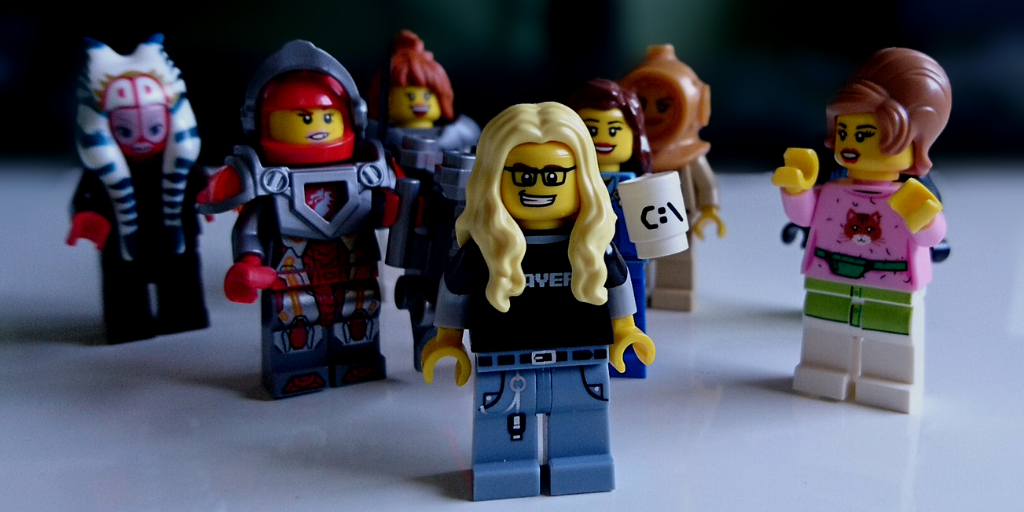
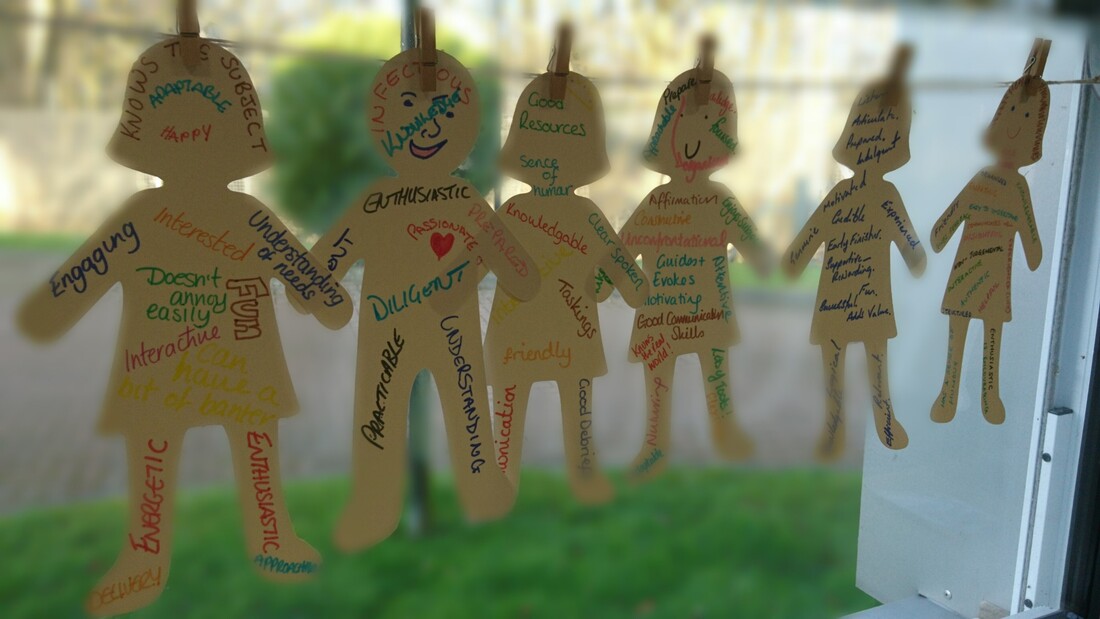
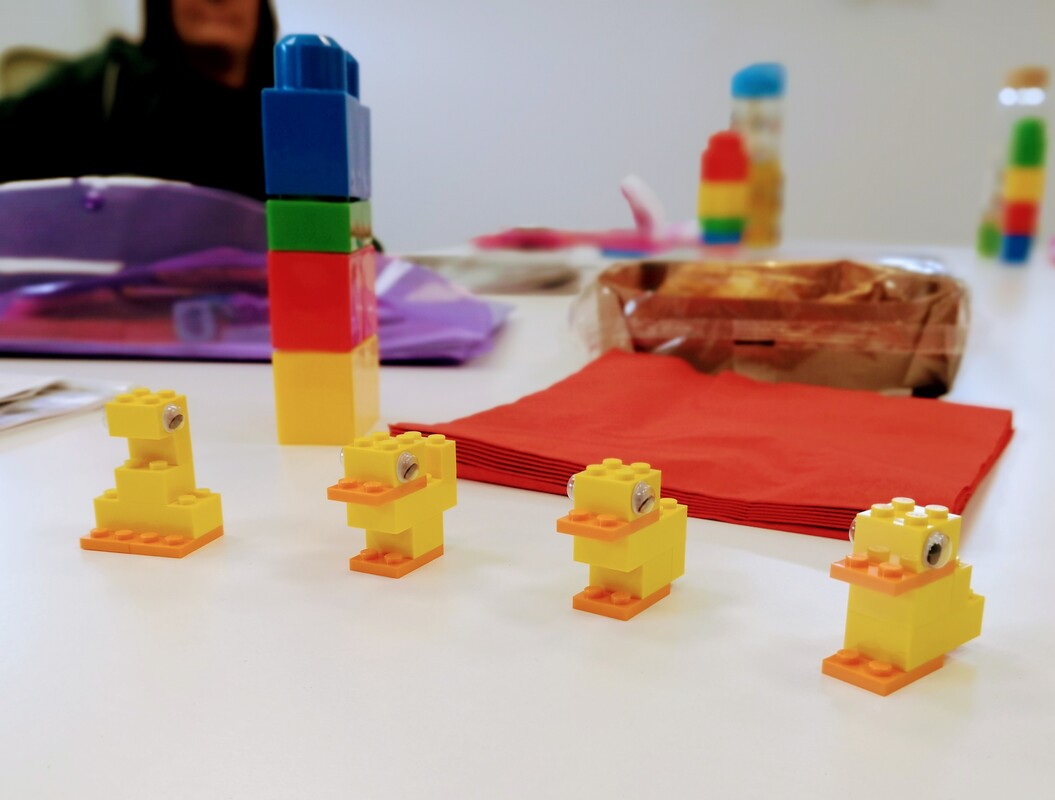

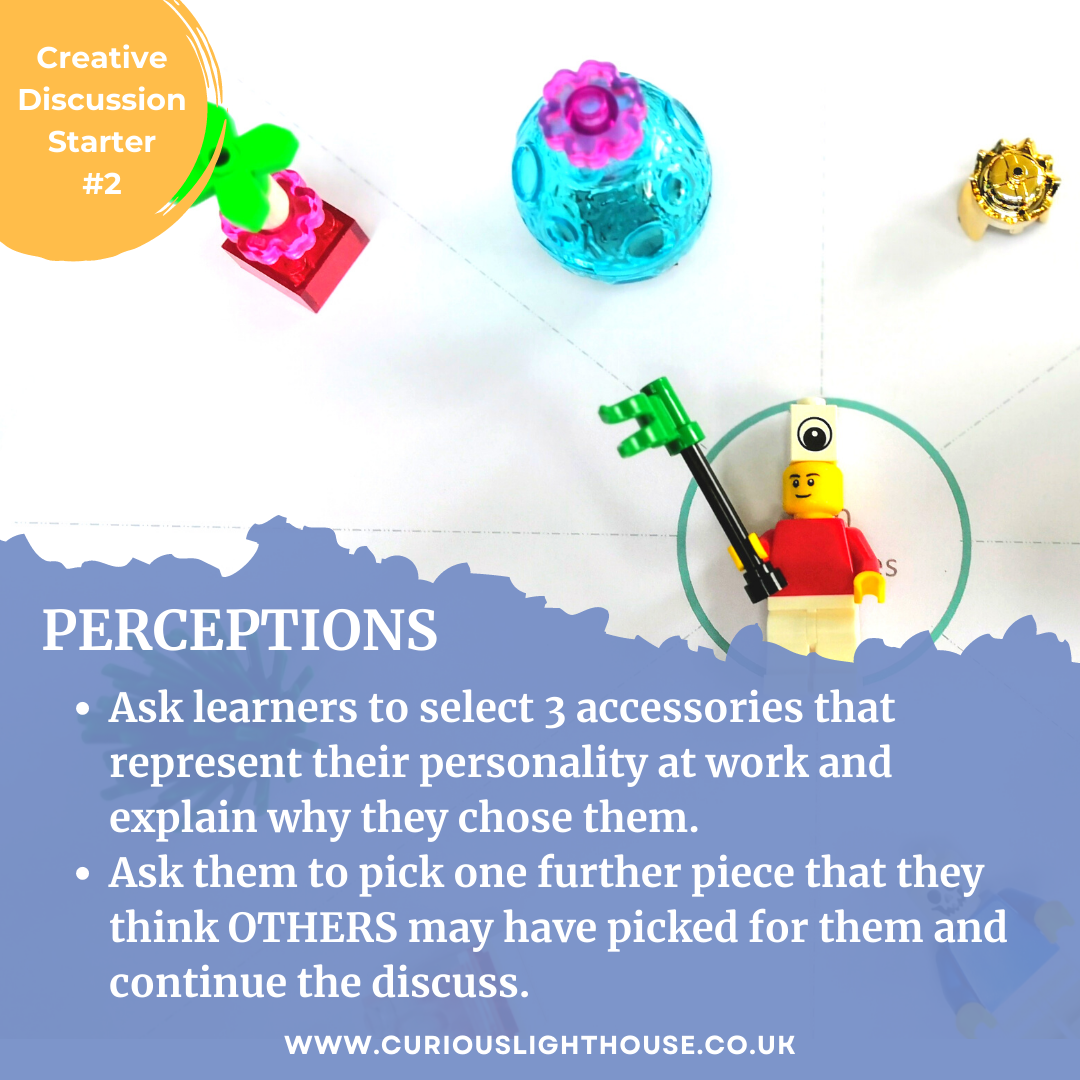
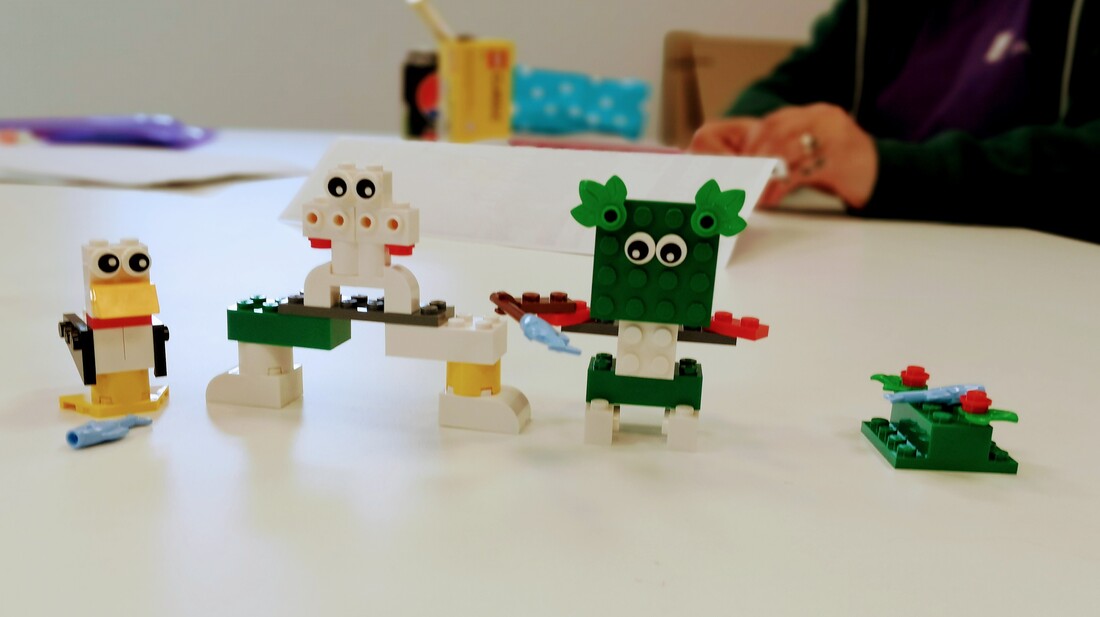
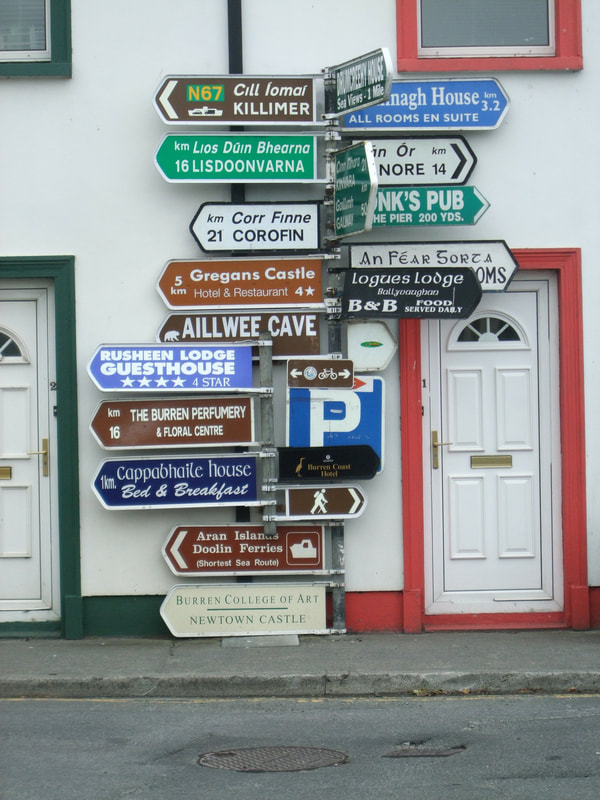

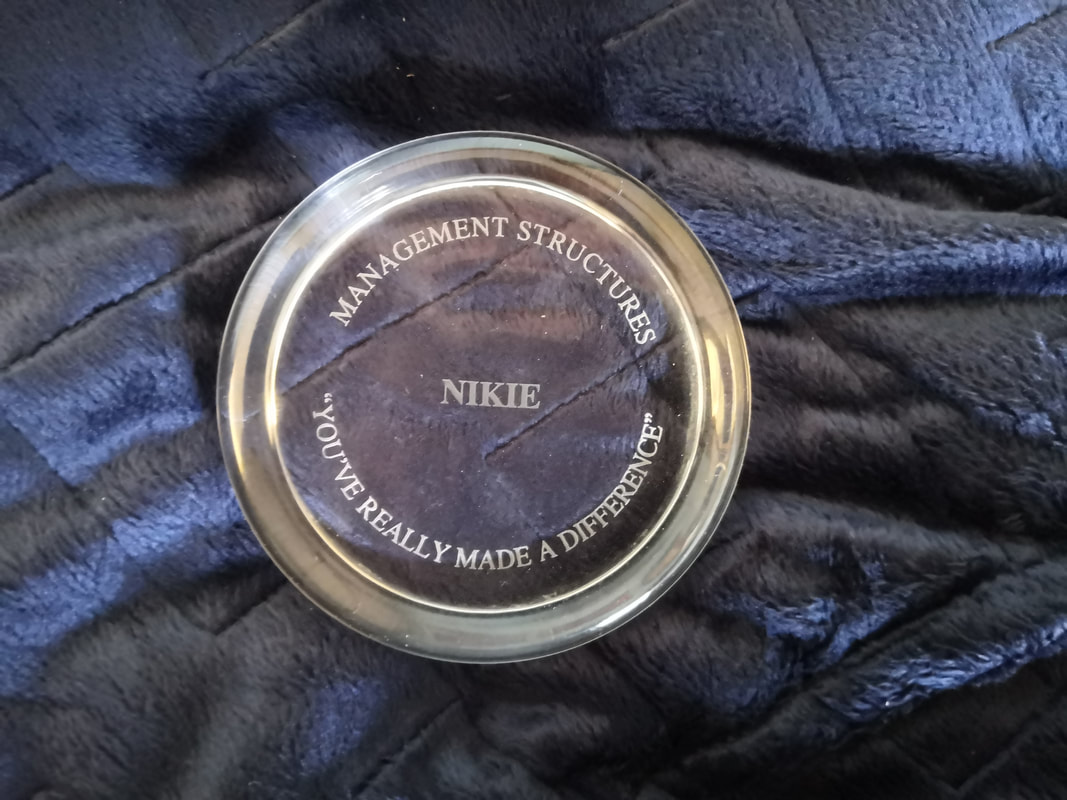
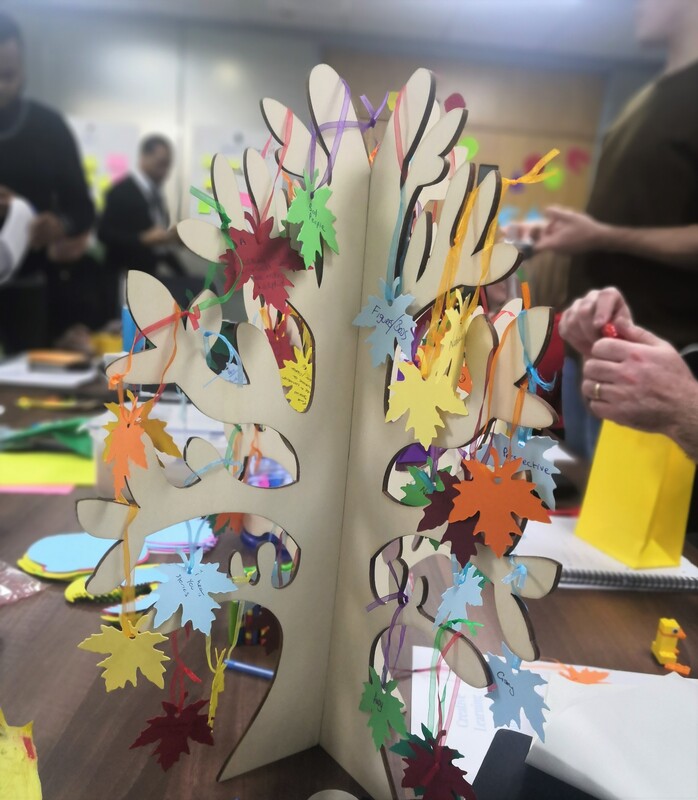


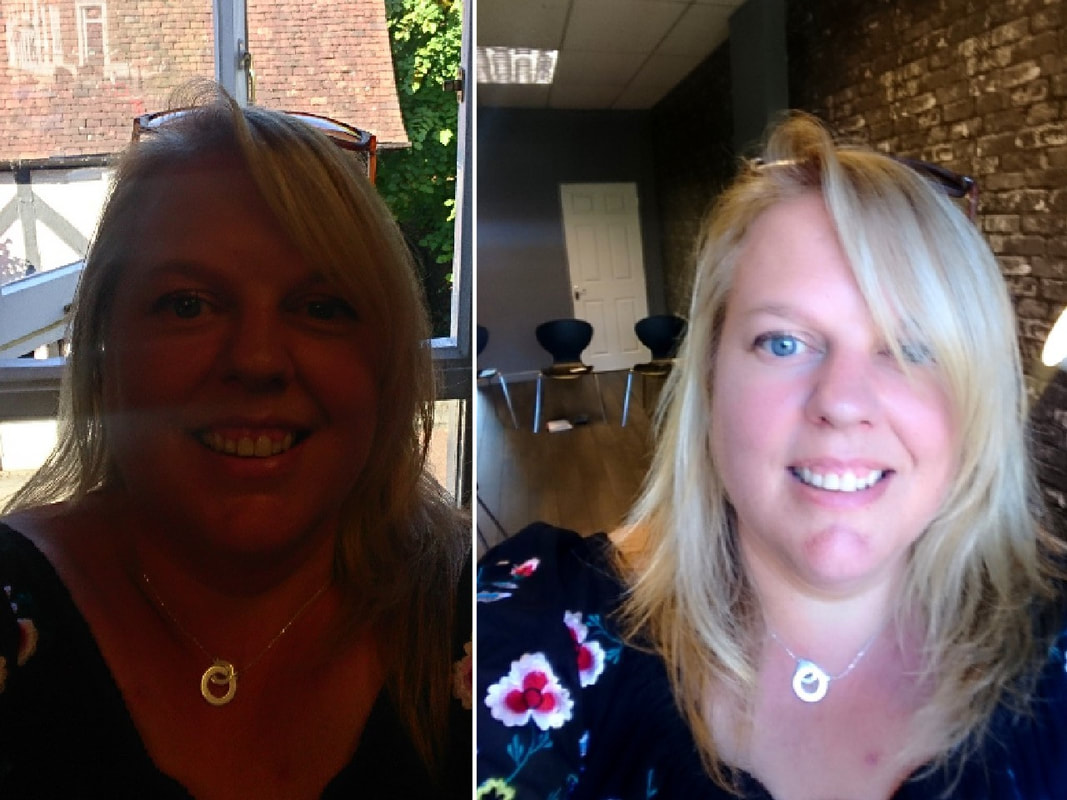
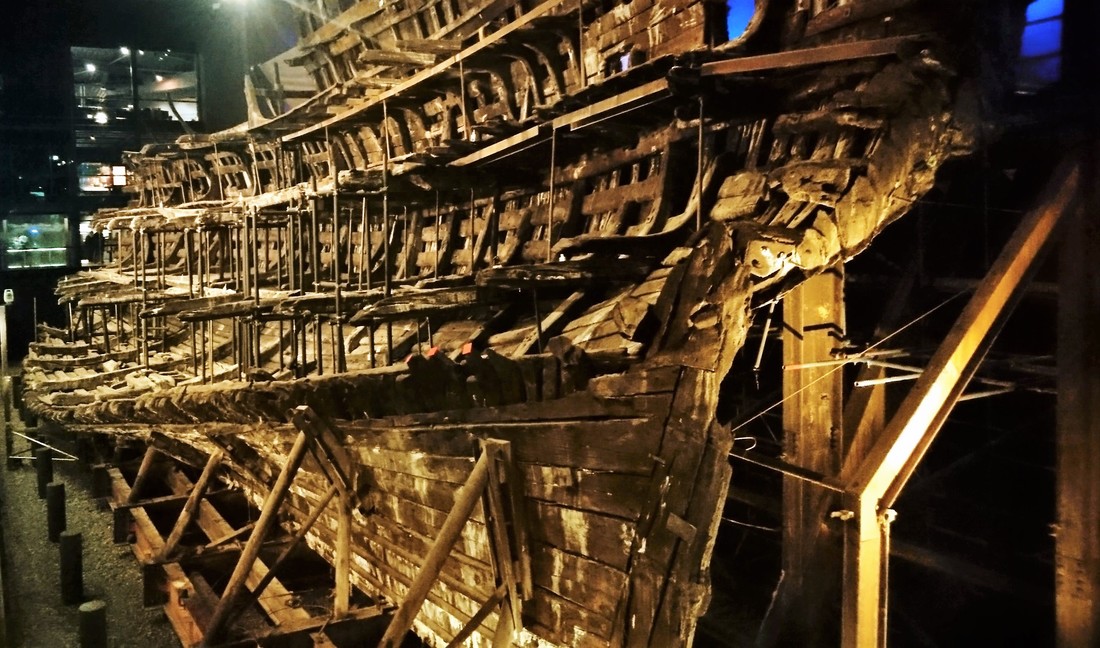

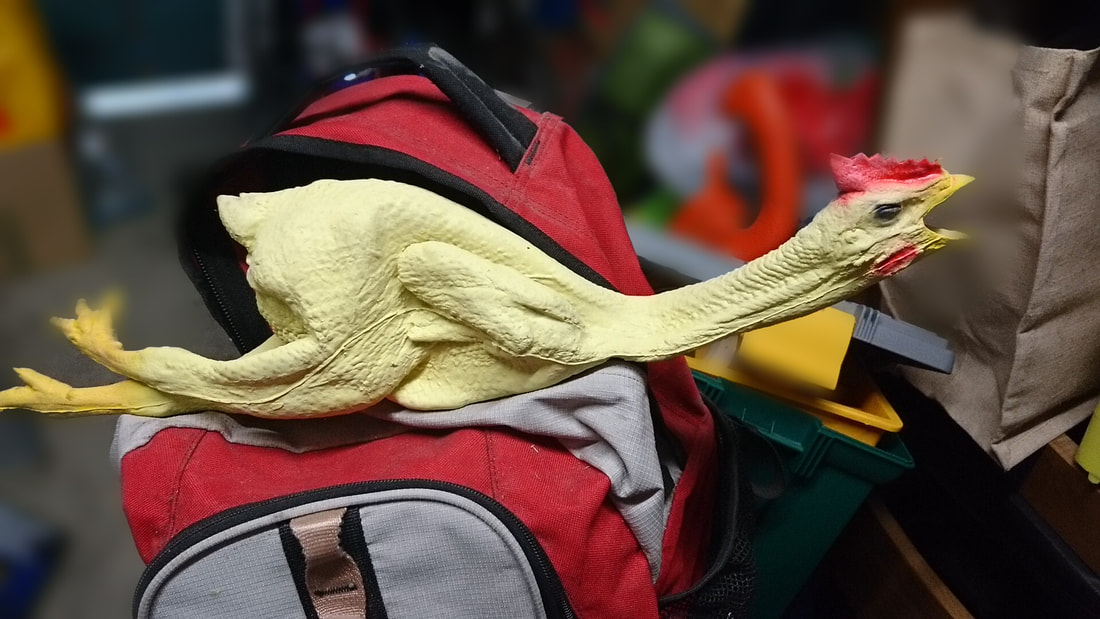
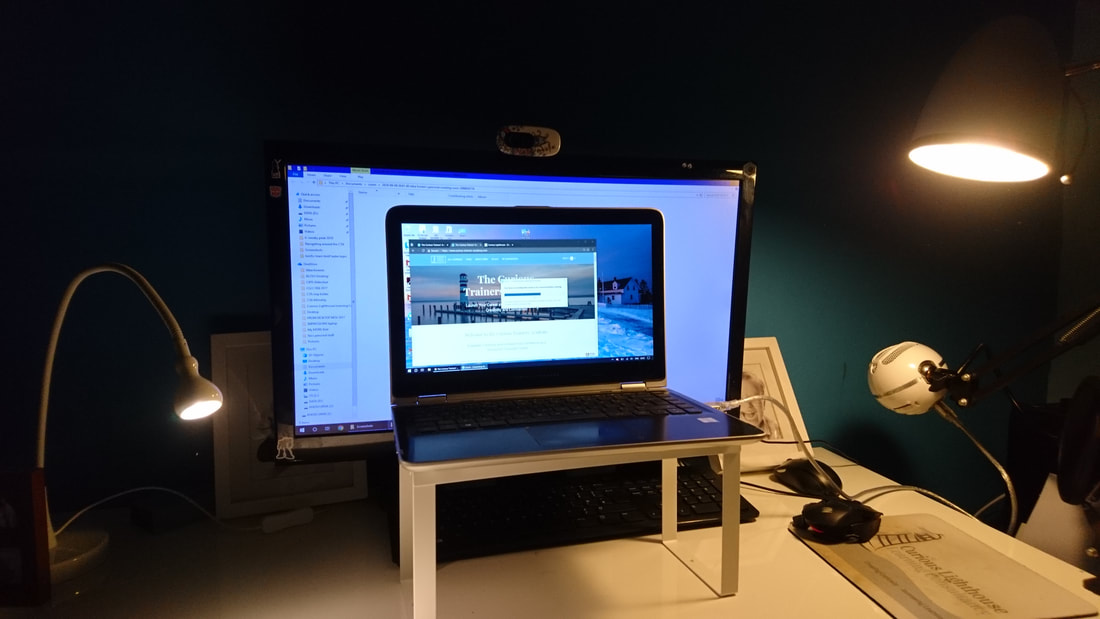

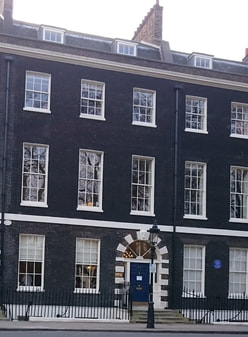
 RSS Feed
RSS Feed
